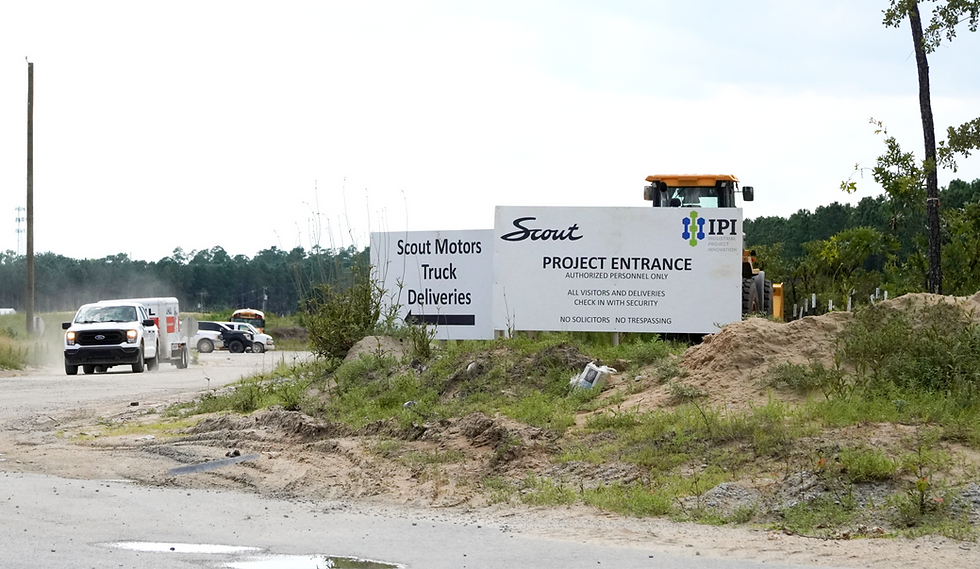Walmart CEO Issues Stark Warning: Empty Shelves Possible in Two Weeks Amid Economic Turmoil
- CUBNSC

- Apr 24, 2025
- 3 min read

By Javar Juarez | CUBNSC
The American economy is veering toward dangerous terrain as the fallout from ongoing tariff conflicts and erratic trade policies hits both Wall Street and Main Street. Now, in a sobering development, the CEO of Walmart—America’s largest private employer—has privately warned that widespread product shortages may begin appearing in stores within two weeks due to deteriorating supply chains and escalating trade costs.
Walmart, alongside other retail giants such as Target and Home Depot, has joined a quiet but urgent lobbying effort, cautioning the White House that current tariff strategies are already disrupting operations, raising prices, and threatening access to essential goods. These warnings are not speculative—they are based on extensive internal data and supply chain analytics that forecast a break in product availability as imported inventory, secured before the latest tariff hikes, dries up.
The specter of empty shelves evokes disturbing memories of pandemic-era shortages, except this time the cause isn’t a health crisis—it’s a political gamble. The Trump administration’s hardline stance on China has triggered what many in the financial world are calling an “avoidable economic shock,” eroding confidence, delaying deals, and igniting severe market volatility. Major stock indexes have lost trillions in value since the onset of the tariff war, and there is little sign of relief.
Despite public reassurances from the administration that the tariffs are a form of strategic economic pressure, internal leaks and market behavior suggest otherwise. According to a White House official quoted in The Wall Street Journal, there's already quiet discussion about reducing tariffs by as much as 65%—a move that would mark a significant retreat from the administration’s previous posture.
Ken Griffin, billionaire hedge fund manager, recently criticized the damage these policies are inflicting on America’s global reputation. "The U.S. used to be a symbol of strength, stability, and aspiration,” Griffin said. “But the chaos of this trade war is chipping away at that brand."
The political implications are clear. As Americans face the dual burdens of inflation and product unavailability, public opinion could sour rapidly. Analysts note that even conservative economists, typically aligned with Republican policy, are sounding alarms over the sustainability of the current approach. Trade wars, historically, rarely result in clear victories—and in this case, the costs are already materializing for average citizens.
Meanwhile, the backlash isn't limited to trade. Elon Musk, a prominent figure aligned with aspects of the Trump administration's tech and economic agenda, is also under fire. His dual role as businessman and informal policy influencer has come under scrutiny, particularly amid reports of declining Tesla sales and investor confidence. Tesla’s market value has plummeted by over 40% since Trump’s inauguration—a far steeper drop than the general market. Recent polling shows a majority of Americans now view Musk and Tesla unfavorably, underscoring growing frustration with unaccountable power in both corporate and political arenas.
Grassroots responses are bubbling up across the country. At town halls and community forums, citizens are voicing concern over economic instability, corporate overreach, and the lack of transparency in decision-making. Calls for congressional oversight of figures like Musk are becoming louder, and pressure is mounting for leadership to address the widening gap between political promises and economic realities.
In just a matter of days, this story could shift from economic theory to lived experience. If major retailers begin experiencing product shortages, it will be a tangible sign that policy decisions made in the name of American strength are instead bringing about its disruption. The clock is ticking—and so far, the warning signs have gone unheeded.



Comments